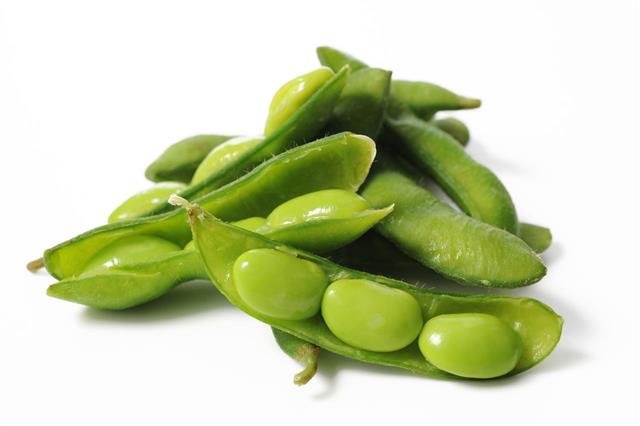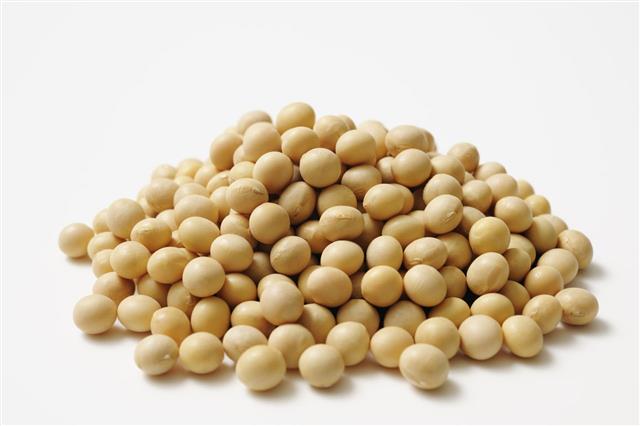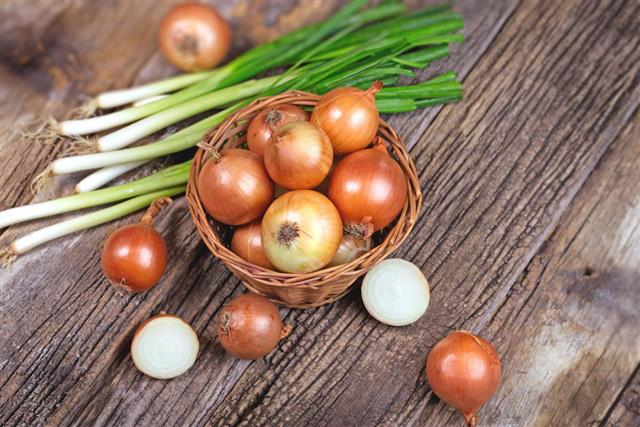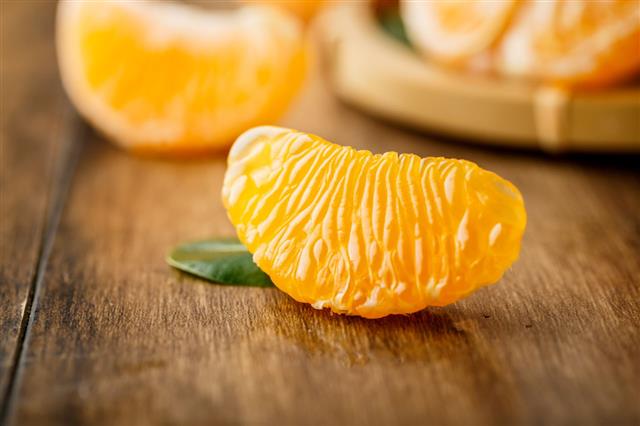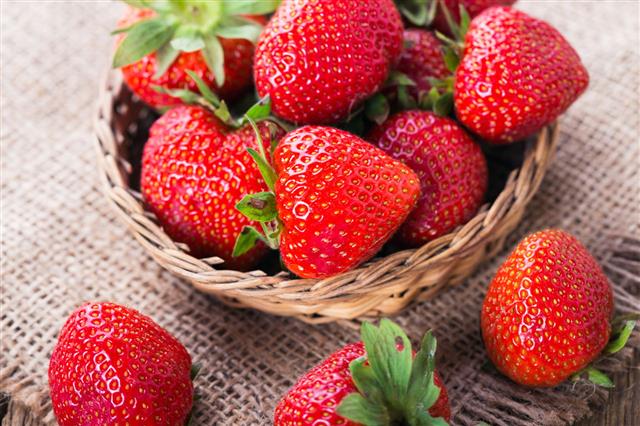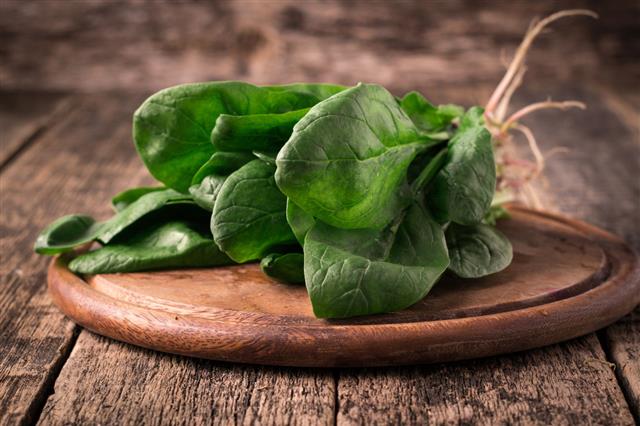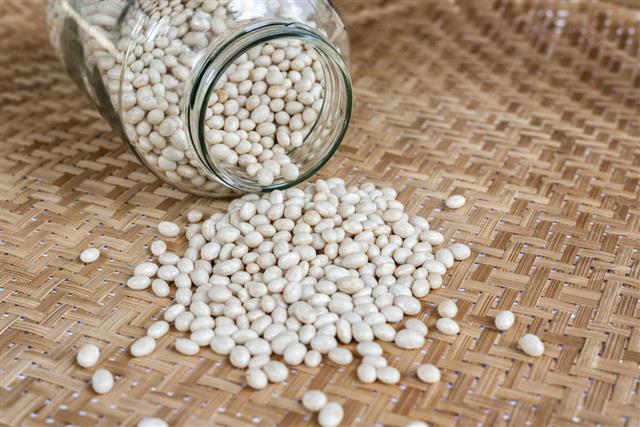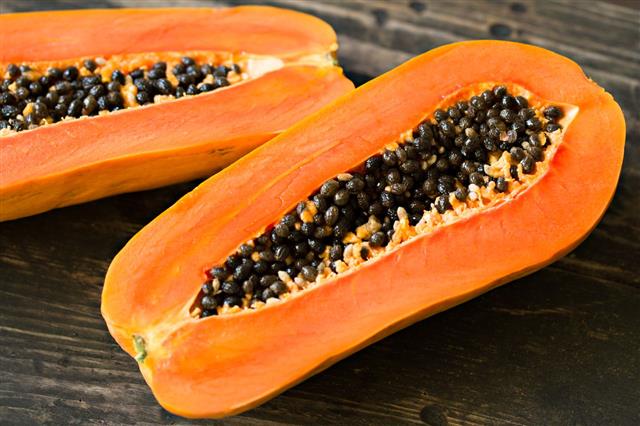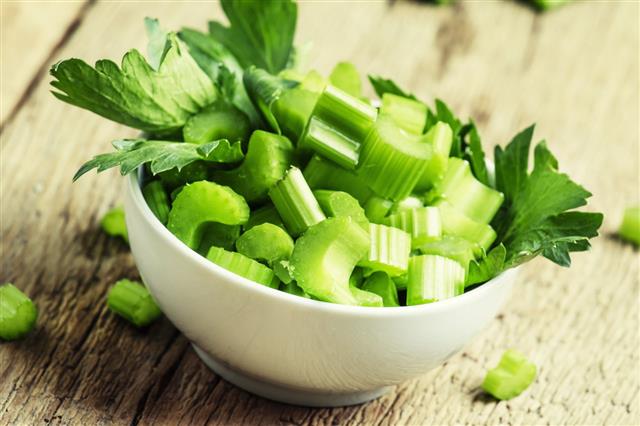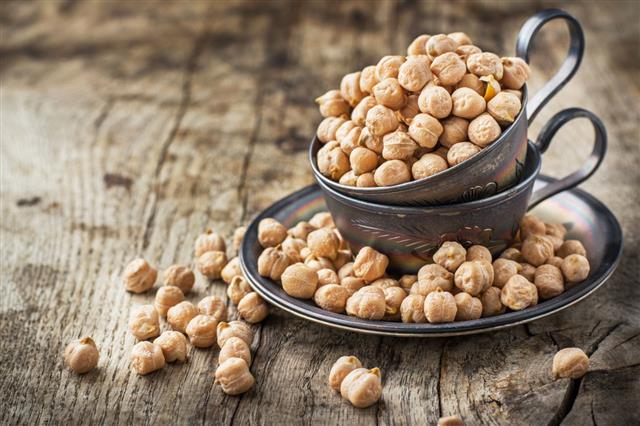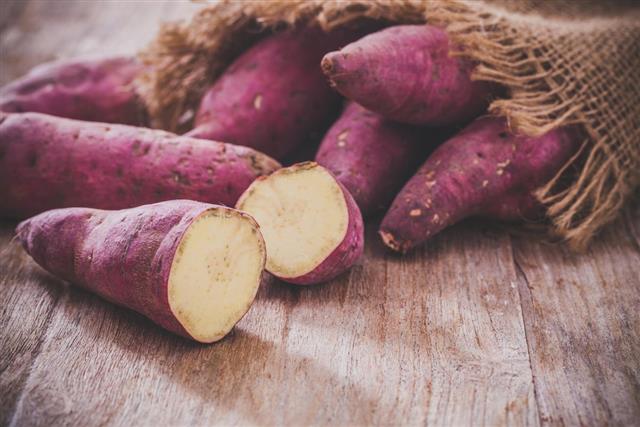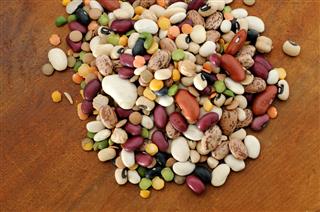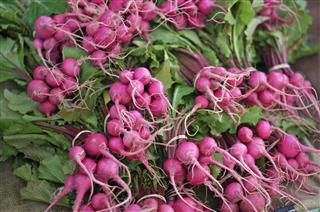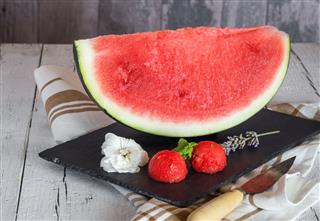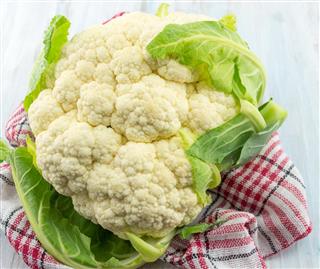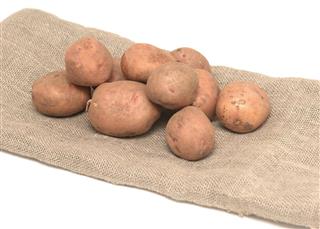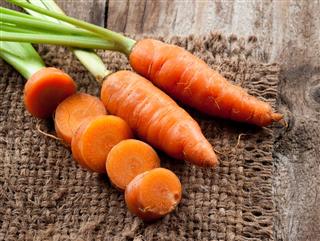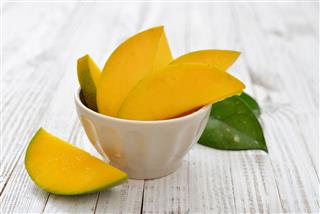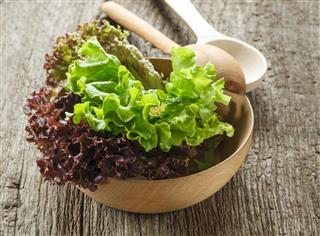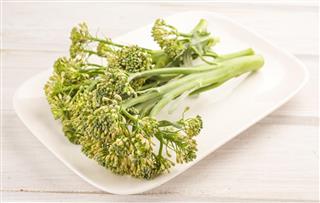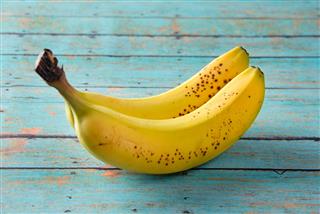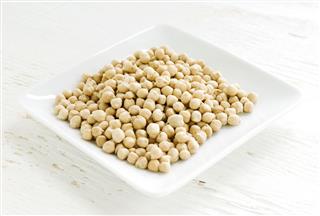
Potassium is a predominantly intracellular mineral that is essential for a variety of cellular processes as well as for good bone and heart health. It can be obtained through tomatoes, bananas, milk, strawberries as well as animal sources.
Potassium (Kalium, K) is one of the vital minerals that play a major role in several cardiac, renal and neuromuscular functions. It is present in the cells and body fluids as potassium ions (K+) and potassium chloride (KCl). 98% of the total potassium content in our body is found intracellular.
Importance of Potassium
Potassium is a mineral salt (electrolyte), that plays an important role in regulating our blood pressure, bone mass, muscle functions as well as heart, kidney, and adrenal functions. Potassium is required in the body for:
- Maintaining the osmotic and acid-base balance of cells
- Activation of certain enzymes
- Building proteins and muscles
- Metabolizing carbohydrates
- Regulating the electrical activity of heart
- Regulating neuron-muscular signals to voluntary and involuntary muscles
- Maintaining bone mineral density
Potassium deficiency disrupts the balance between intracellular and extracellular potassium content, and may lead to reduction in the levels of potassium in blood (hypokalemia). This condition is characterized by fatigue, myalgia, joint pain, muscle stiffness and cramps, depression, mood alterations, and slow reflexes. Severe deficiency may lead to cardiac problems, altered renal function, gastric problems as well as liver damage.
Potassium-rich Foods
There is a variety of fruits and vegetables that have a rich potassium content and can be easily included in the daily diet. Meat and poultry products also serve as good sources for potassium.
VEGETABLES
BEANS AND LEGUMES
FRUITS
DRY FRUITS AND NUTS
DAIRY PRODUCTS
MEAT PRODUCTS
BEVERAGES
OTHERS
Potassium is naturally found in fresh fruits, vegetables, whole grains, and dairy products.
However, in special cases like athletes and people who are engaged in excessive physical activity, it is encouraged to consume electrolyte drinks and potassium supplements to compensate for the electrolytes lost through sweat.
Including a combination of any of the above-mentioned high-potassium foods can help you meet the daily potassium intake requirement of 4.7 gm. The ideal way is to prepare a personal diet plan that includes all the vital nutrients in the right amounts.
Disclaimer: This article is for informative purposes only and does not in any way attempt to replace the advice offered by an expert on the subject.
